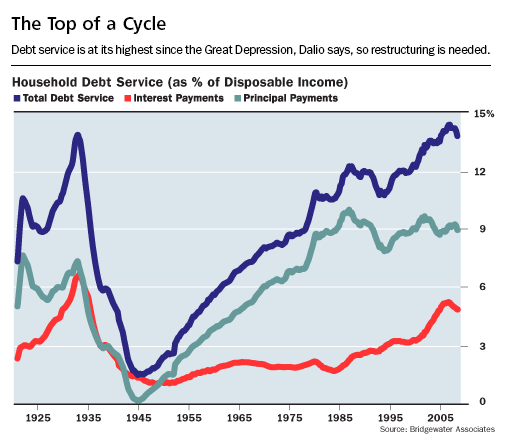Stanford Financial, with as much as $50 billion in customer assets, was accused by the SEC of defrauding its investors. Where does one put his money today, without worrying that it may not be there tomorrow?
Stanford Lured Clients With ‘No Worry’ Promise on Top of Rates
Feb. 19 (Bloomberg) — Stanford International Bank Ltd., accused by U.S. regulators of defrauding investors, relied on more than high interest payments to sell $8 billion of what it called certificates of deposit.
The Antigua bank, founded by Stanford Group Co. Chairman R. Allen Stanford, attracted clients with assurances that its CDs were as safe as U.S. government-insured accounts, if not safer, investors said.
“Security was the key aspect,” said Pedro, a 62-year-old software engineer in Mexico City who invested $150,000 in CDs issued by Stanford International.
“They told me that they had insurance. The broker told me not to worry and that the bank was safe,” said Pedro, who asked that his last name not be used because he didn’t want to anger bank officials.
Most U.S. certificates of deposit are insured for as much as $250,000 by the Federal Deposit Insurance Corp. CDs issued by Stanford International, a foreign company, aren’t FDIC-protected.
A Stanford International training manual obtained by Bloomberg instructed financial advisers to tell clients that “the FDIC provides relatively weak protection.”
The U.S. Securities and Exchange Commission on Feb. 17 said that Stanford, 58, ran a “massive, ongoing fraud” through his group of companies and lured investors with “improbable if not impossible” claims about investment returns. Stanford Group, Stanford International and Stanford Capital Management LLC were named in the SEC complaint.
Beware The Experts
By the time this financial crisis is resolved, the winners will be those who can keep what they have. Any investor not doing his investment homework is severely at risk. I have followed Ray Dalio, chief investment officer of Bridgewater Associates, for years. Mr Dalio has been warning of an economic crisis due to excessive leverage since early 2007 and in 2008 produced returns of over 8% for his clients. Definitely someone to pay attention to. Mr. Dalio recently gave an interview to Barrons and it is well worth the read.
AN INTERVIEW WITH RAY DALIO: This pro sees a long and painful depression.
Dalio: Let’s call it a “D-process,” which is different than a recession, and the only reason that people really don’t understand this process is because it happens rarely. Everybody should, at this point, try to understand the depression process by reading about the Great Depression or the Latin American debt crisis or the Japanese experience so that it becomes part of their frame of reference. Most people didn’t live through any of those experiences, and what they have gotten used to is the recession dynamic, and so they are quick to presume the recession dynamic. It is very clear to me that we are in a D-process.
Basically what happens is that after a period of time, economies go through a long-term debt cycle — a dynamic that is self-reinforcing, in which people finance their spending by borrowing and debts rise relative to incomes and, more accurately, debt-service payments rise relative to incomes. At cycle peaks, assets are bought on leverage at high-enough prices that the cash flows they produce aren’t adequate to service the debt. The incomes aren’t adequate to service the debt. Then begins the reversal process, and that becomes self-reinforcing, too. In the simplest sense, the country reaches the point when it needs a debt restructuring. General Motors is a metaphor for the United States.
We will go through a giant debt-restructuring, because we either have to bring debt-service payments down so they are low relative to incomes — the cash flows that are being produced to service them — or we are going to have to raise incomes by printing a lot of money.

I can easily imagine at some point I’m going to hate bonds and want to be short bonds, but, for now, a portfolio that is a mixture of Treasury bonds and gold is going to be a very good portfolio, because I imagine gold could go up a whole lot and Treasury bonds won’t go down a whole lot, at first.
Definitely worth considering is that Mr. Dalio’s preferred choice of investments at this point are gold and treasury bonds.